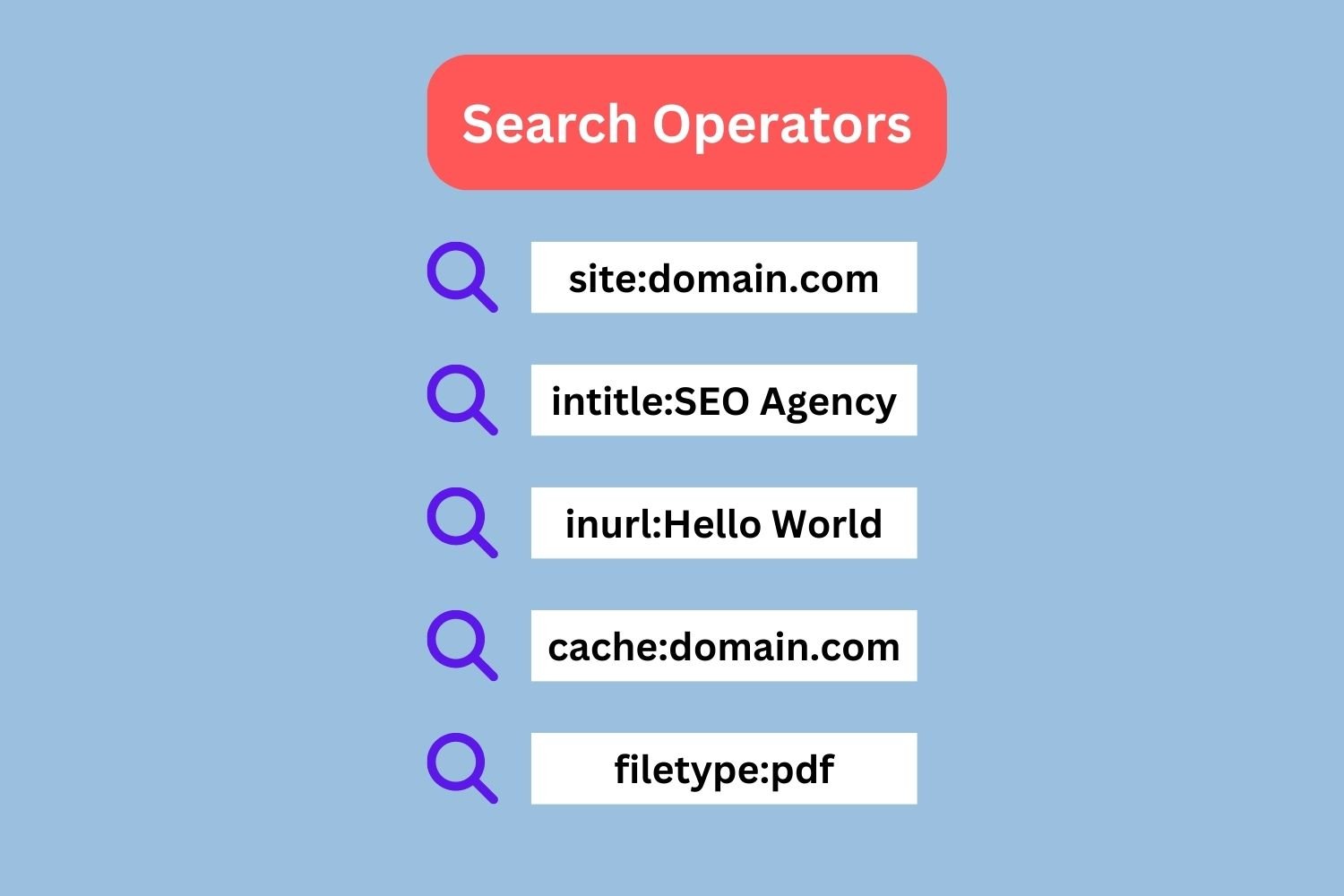- If you want to increase high-quality traffic on your website and attain higher rankings on search engine results pages, then it is significant for you to understand the fundamentals of keyword research. If you are a business owner, blogger, or even a digital marketer, finding the right keywords for your content has proven to be a game-changer. This is where Google keyword planner steps in to provide effective keyword researching techniques. The planner is basically a free tool offered by Google that allows users to uncover high-performing keywords in order to improve their SEO strategy. If you are new to the realm of SEO and want to gain knowledge about keywords, you can explore professional SEO services, opt for keyword research services, and even study a keyword research guide. The following blog will provide you with ways to use Google keyword planner and apply effective keyword research techniques to increase your rankings.
What is Google Keyword Planner?
- Google keyword planner is mainly a free keyword research tool powered by Google and is used by marketers to discover new and relevant keywords for their search campaigns. The main purpose of this tool is PPC (Pay per click) advertising, It is widely used for keyword research in SEO because it provides direct access to search data of Google.
- This tool generates keywords on the basis of entered terms, URLs, and even competitors’ websites and also offers an estimated monthly search volume as well as trends. This planner helps you to look for accurate terms for your audience, which makes it a core part of effective keyword research techniques.
How is Google Keyword Planner Important for SEO
- Google keyword planner is significant for SEO as it offers valuable insights about the latest keyword trends and competition levels, along with search volumes, allowing businesses to easily optimize their content and enhance search engine rankings. Google keyword planner helps you to refine your keyword research techniques. Here’s how this tool supports SEO:
Search volume insights
- Google keyword planner offers historical as well as monthly data of search volumes, assisting SEOs to focus on keywords on the basis of their potential to increase organic traffic. This data is necessary for estimating the impact and reach of certain keywords and planning cone net around it to generate high traffic.
Trend evaluation
- This tool provides insights about seasonal trends as well as keyword performance over time, allowing SEOs to create timely along with relevant content that is aligned with users’ interests.
Competitor evaluation
- By evaluating your competitors’ websites or USLs, you can easily discover the words that competitors are using to rank and later use this information to make changes to your content.
How to set up Google Keyword Planner
Create a Google Ads account
- First, visit the Google Ads homepage and then select “start now”.
- Log in with your Google account. During the setup procedure, Google will easily guide you through the process of creating your first ad campaign.
- Enter the billing details.
Access Google keyword planner
- Once your Google Ads account is created, navigate to the dashboard.
- Now click on Tools & Settings, located in the upper right corner.
- Under the planning section, you will find the keyword planner.
Two Main Tools in Keyword Planner
- Google keyword planner provides two main tools to assist users in researching for keywords. These are:
Discover new keywords
- Start with keywords- You can easily enter up to 10 words and phrases related to your brand’s industry. The tool will then generate related keyword suggestions, consisting of long-tail keywords and variations.
- Start with a website- You can enter a URL to get keyword recommendations on the basis of the site’s content.
- This feature is a bet for increasing your keyword lists and even exploring new opportunities for search engine optimization and PPC campaigns.
Receive search volume and forecast
- This tool will offer your detailed data analysis on search volumes, keyword trends, and forecasts for certain keywords.
- Forecasts- This feature predicts performance metrics, like impressions, clicks, and costs, if the keywords are being used in paid campaigns.
- Search volume- This feature showcases average monthly search and even competition levels for ads. It also provides cost-per-click estimates for every keyword.
- This tool is best for evaluating the viability of already existing keywords and even planning for ad budgets.
How to Find the Best Keywords for SEO
- Finding the best keywords is a critical part of keyword research techniques. You need to search for relevant terms that are easily aligned with the search intent of your target audience while also balancing competition and search volumes. Here are some tips to do it:
Search intent
- You need to focus on high-intent keywords that match what your target audience is searching for. These keywords will easily generate higher-quality traffic and lead to conversions. Remember that question-based and even long-tail keywords pair well with users’ search intent.
Use keyword research tools
- Tools such as SEMrush, Ahrefs, and even Google keyword planners help you to discover keywords with large search volumes and low competition. You can start out with seed keywords, which refer to broad terms relevant to your brand’s industry, to produce keyword ideas.
Use primary and secondary keywords
- You can also select a primary keyword for each page of your website; try to focus on relevance and search volume. Pair it with secondary keywords to increase ranking opportunities.
Evaluate your competitor’s keywords
- You can also evaluate your brand’s competitors by using tools such as Semrush’s keyword gap feature. This will recognize keywords that your competitors are using to rank and will provide you an idea on how to incorporate them into your content. Remember to also check your competitors’ top ranking pages to discover high-performing keywords based on your industry.
Assess metrics
- Evaluate metrics such as average monthly searches, click-through rates, and even keyword difficulty by using tools such as Ahrefs and SEMrush. Keywords that have moderate competitors and high CTRs are best. You can also consider commercial intent mainly for the transactional keywords, which will lead to a better rate of conversions.
Conclusion
- Keyword research is a main part of any SEO strategy, and the Google keyword planner has become one of the best tools that help brands to find, assess, and incorporate the right keywords into their content in order to maximize their visibility. If you are doing it yourself or partnering with industry experts, you need to be clear on the fundamentals of a keyword research planner and how to incorporate the right keywords with moderate volumes and high CTRs into your content to rank higher. Analyze your competitor’s keyword profile in order to understand what will work best for your brand and discover new keywords that match your users’ search intent. Remember, using a keyword planner is one of the most critical steps of keyword research techniques. If you need to scale your website and rank higher on search engines, contact Pentra SEO Services, and our team will assist you in maximizing the visibility of your brand.
- Contact us, and our team of experts will get back to you in 24 hours.







